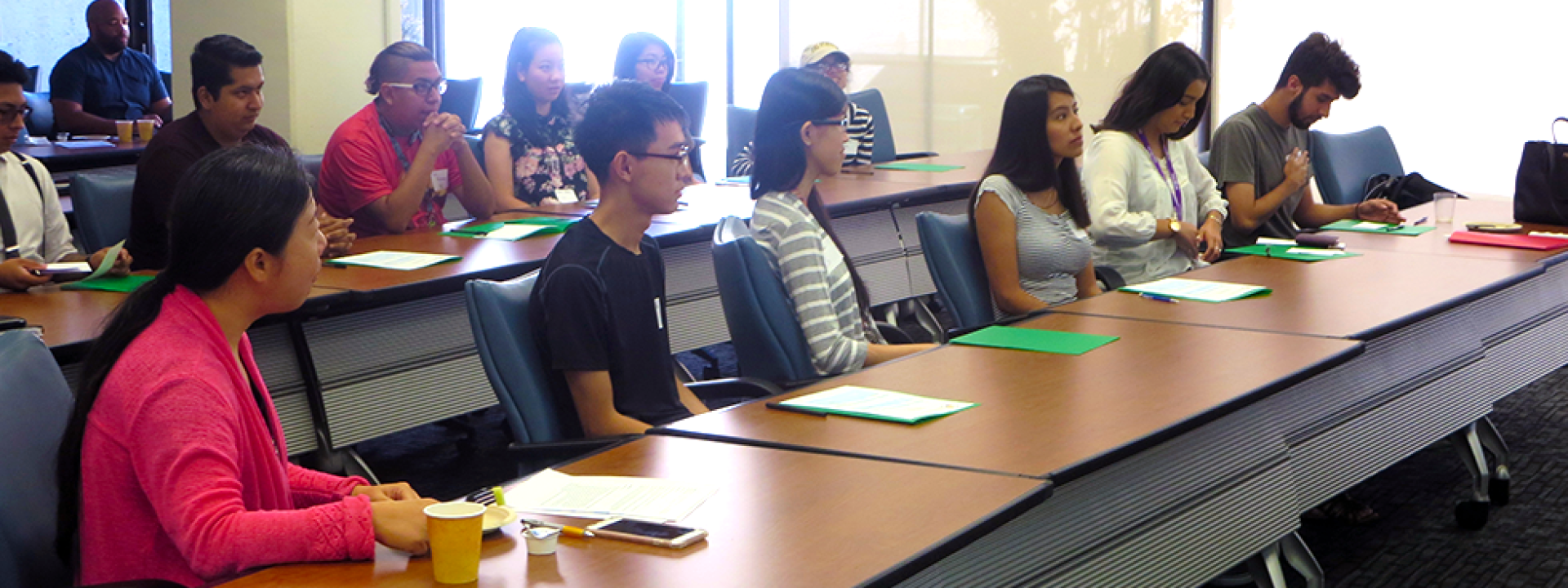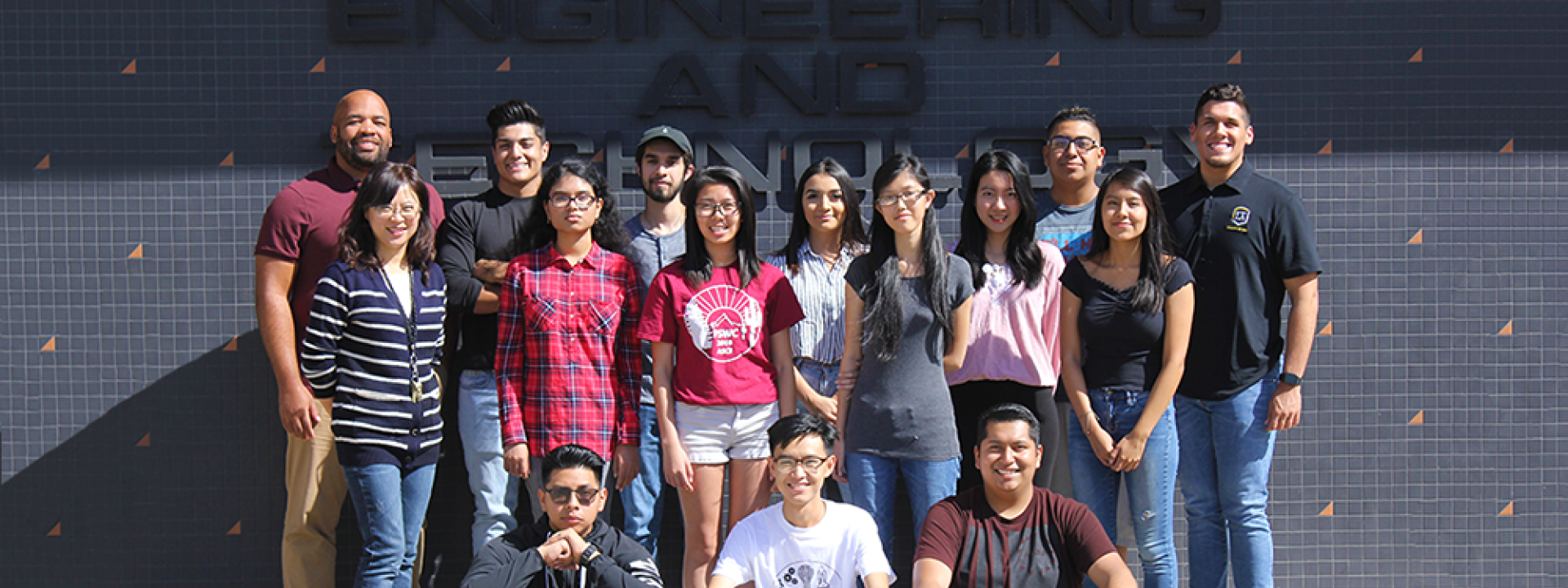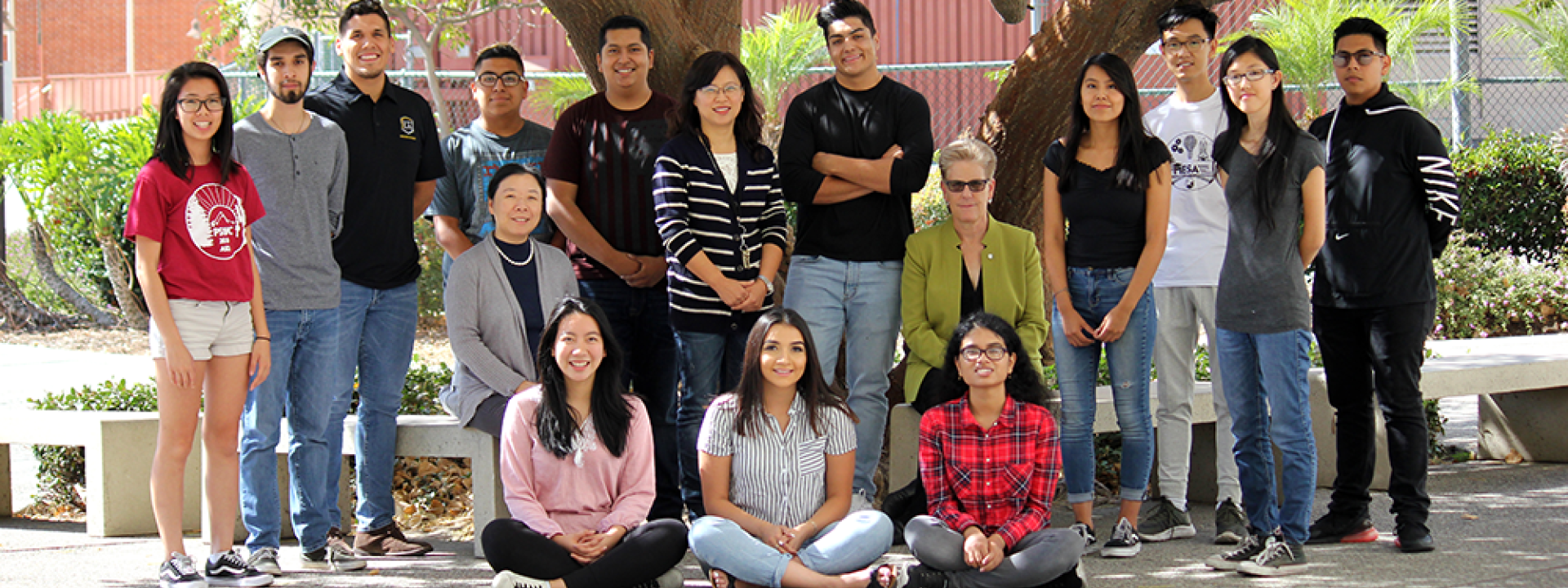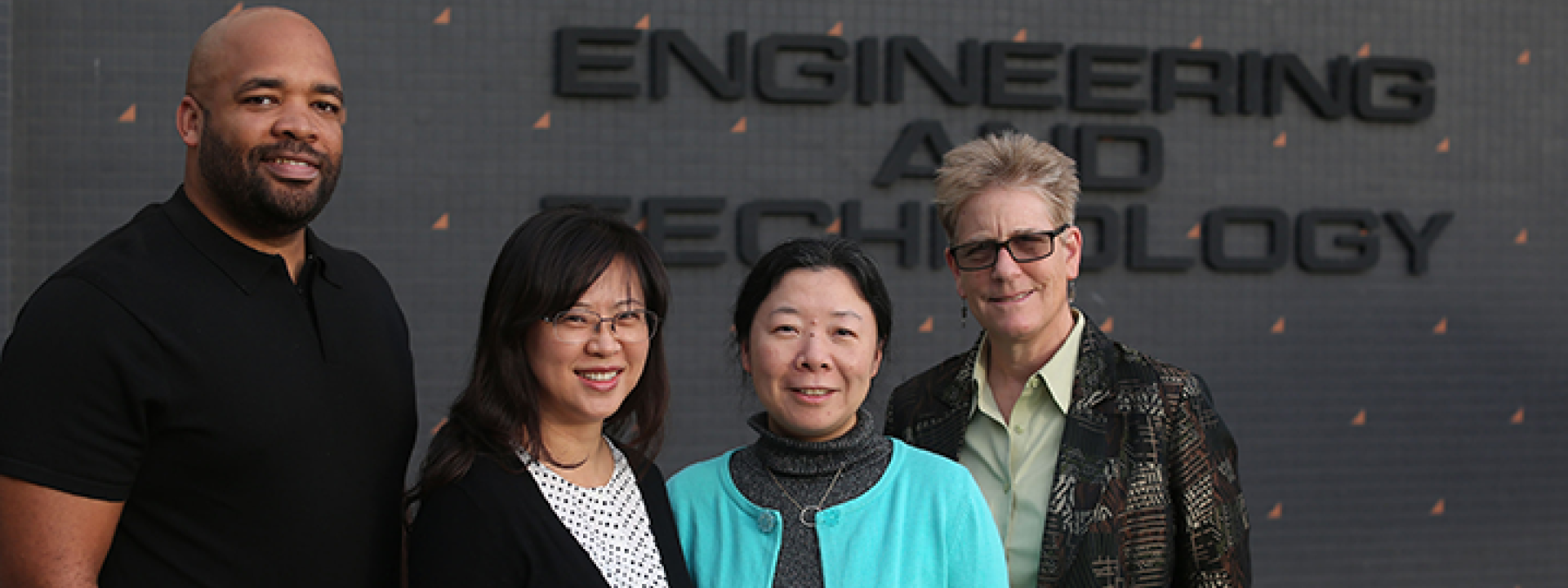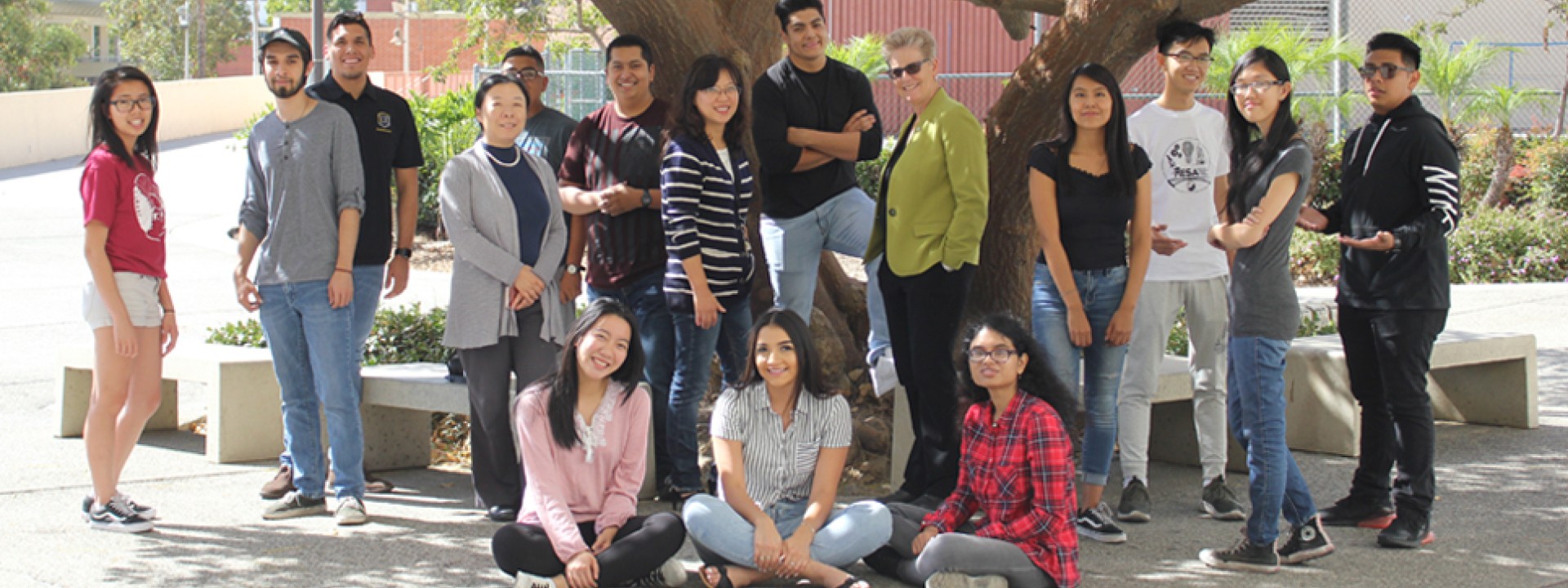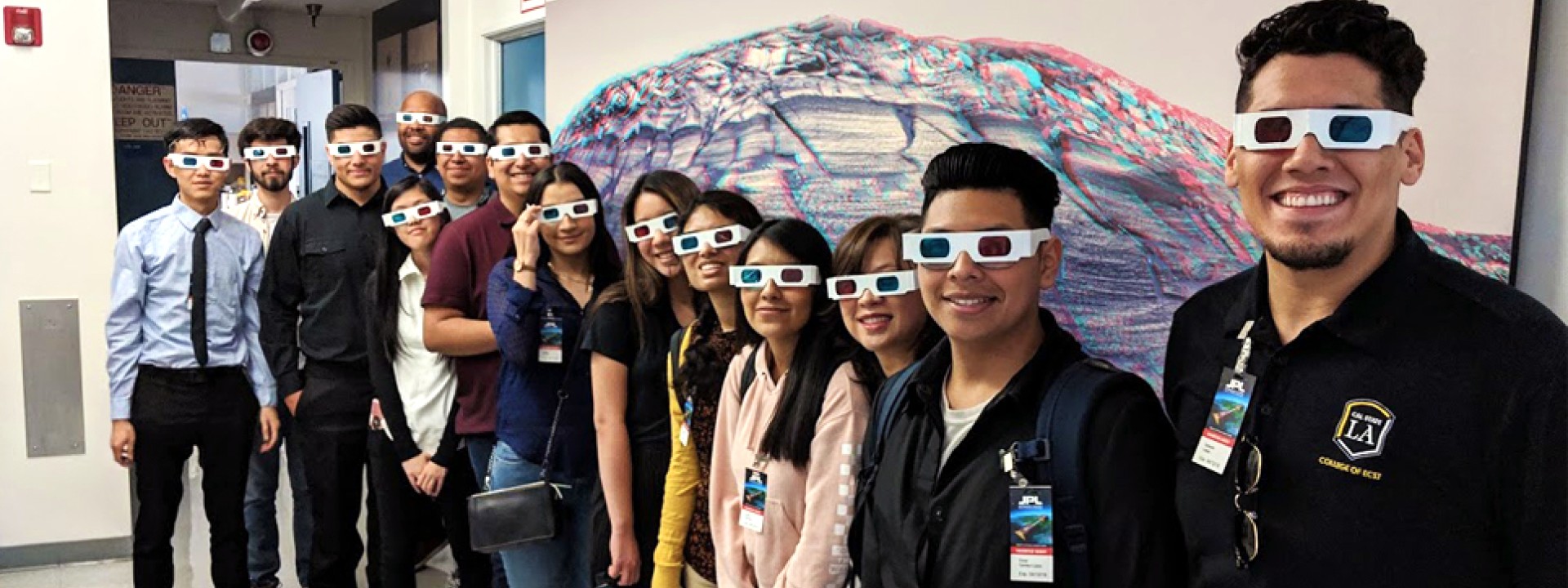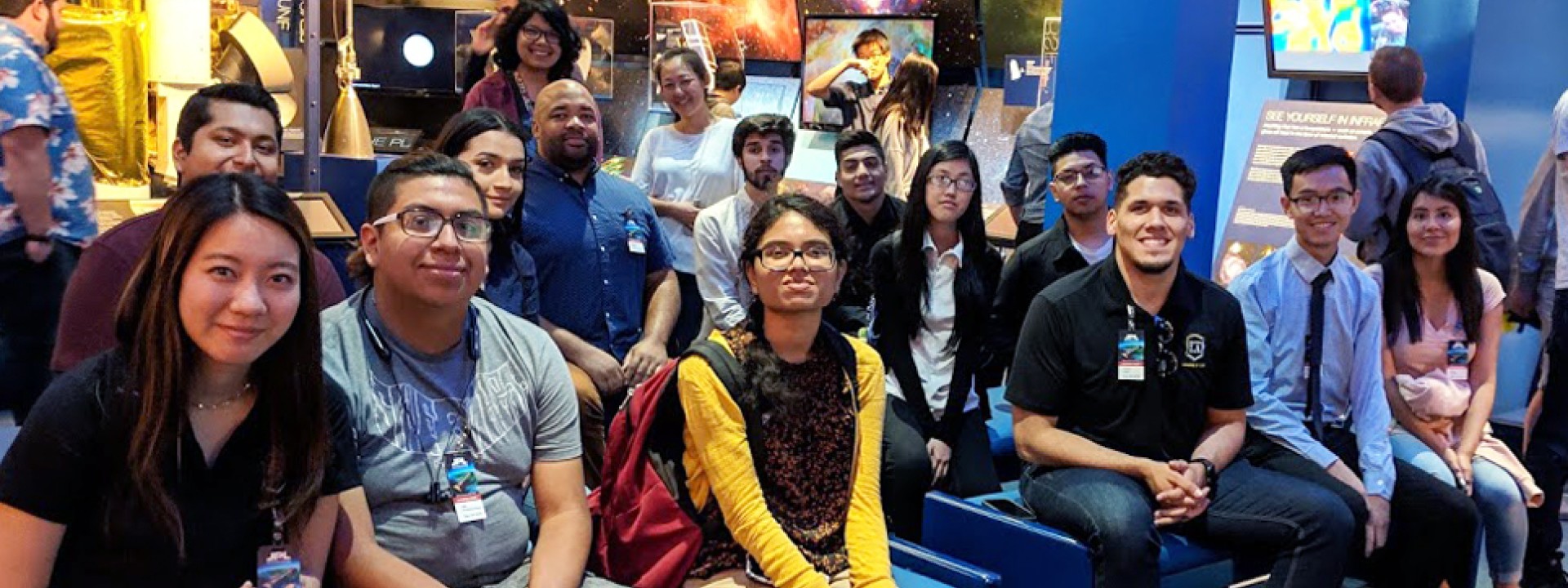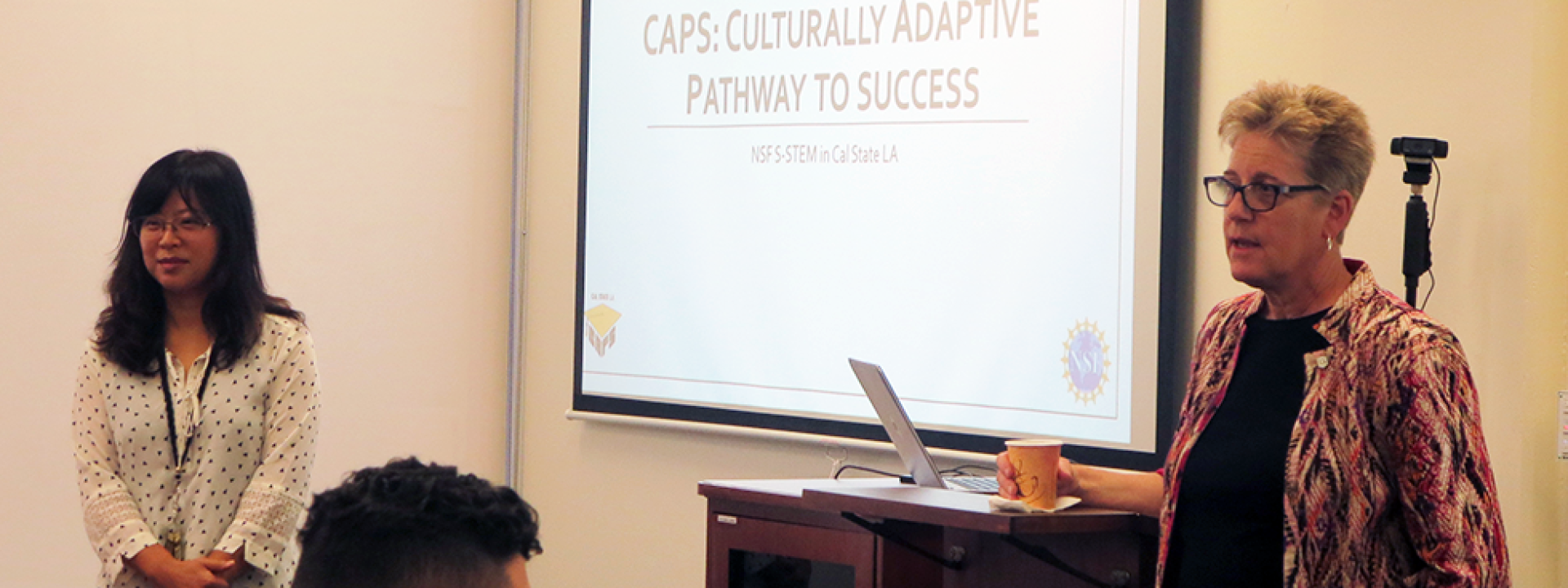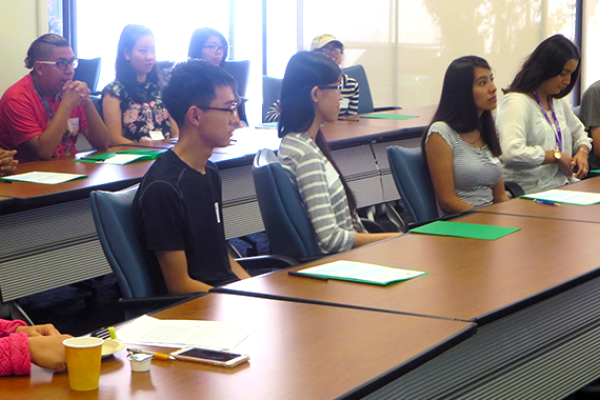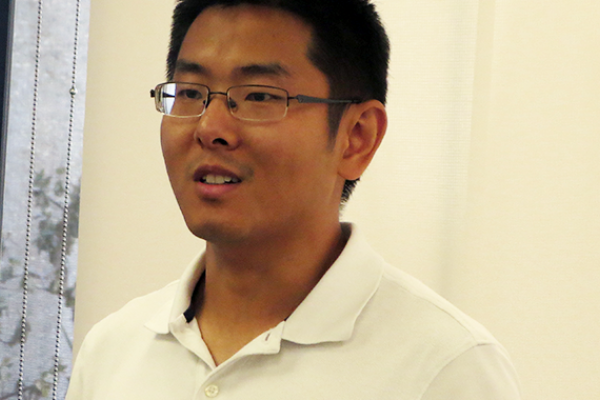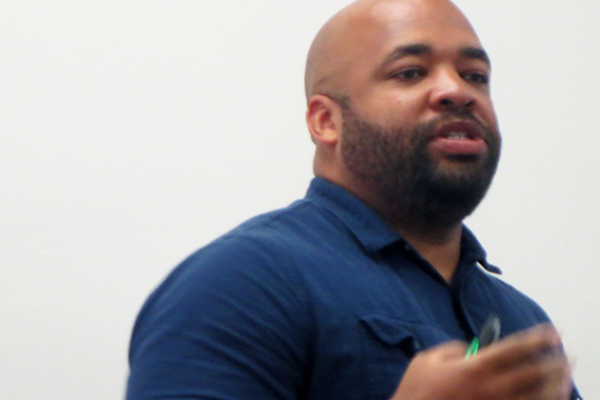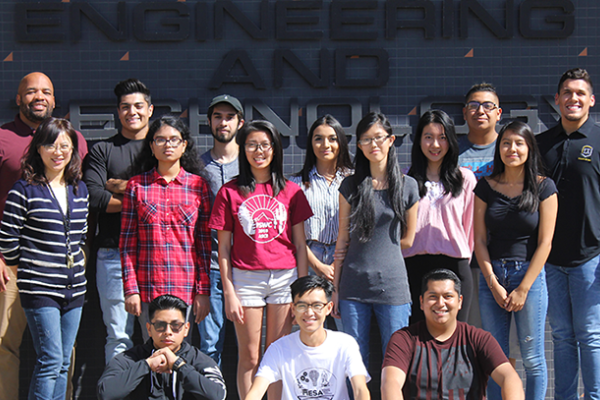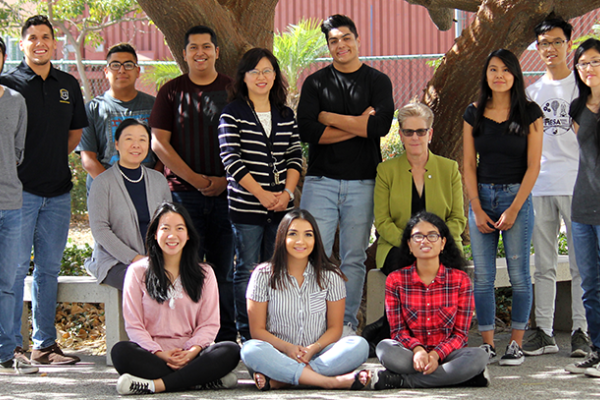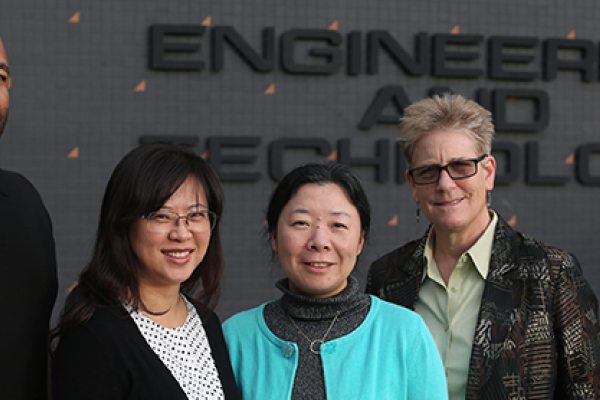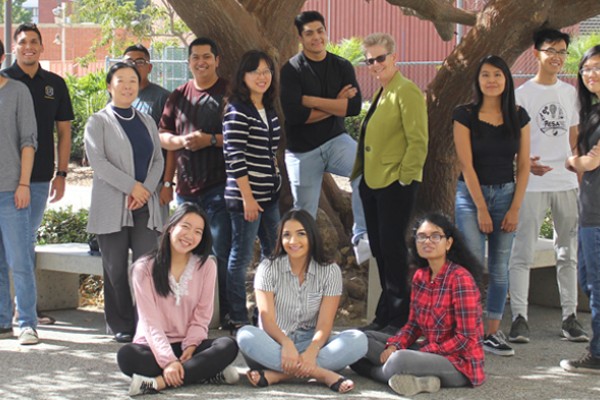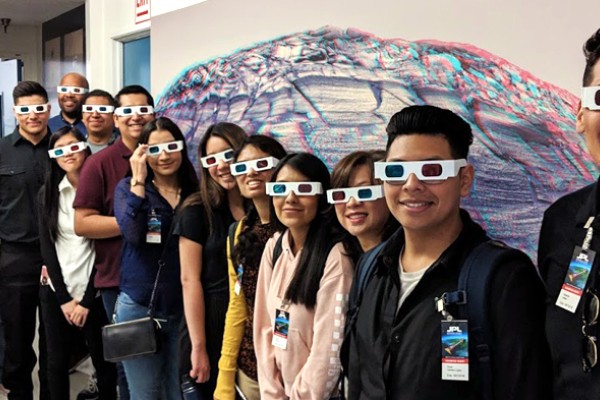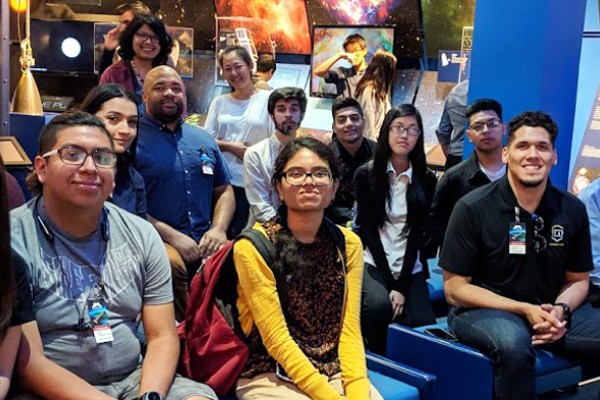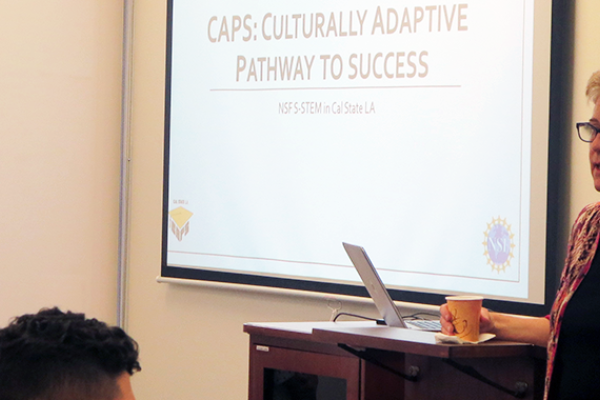Culturally Adaptive Pathway to Success (CAPS), Funded by NSF S-STEM program
Culturally Adaptive Pathway to Success (CAPS) is designed to address the NSF strategic goals of transforming frontiers by preparing future engineers and computer scientists with new capabilities and expertise, as well as diversifying the workforce. With support from S-STEM, the CAPS program will build an inclusive pathway to accelerate the graduation of academically talented, low-income students in one of 4 majors (Civil Engineering, Computer Science, Electrical Engineering, and Mechanical Engineering).
- CAPS will focus on progressively developing social and career competence in our students via three integrated interventions: (1) Mentor+, relationally informed advising that encourages students to see their academic work in relation to their families and communities; (2) peer cohorts, providing a social support structure for students and enhancing their sense of belongings in engineering and computer science classrooms and beyond; and (3) professional development with difference-education, giving students support in situations where they practice reconciling how to navigate a world where others may have a different cultural script.
- CAPS will support 2 cohorts of 14 scholars from their sophomore to senior years. The three key interventions (Mentor+, peer cohort, and difference-education in professional practice) will address the social and academic needs of students. CAPS will implement these interventions through a variety of activities, including Mentor+ advisement, field trips, professional seminars, a sophomore learning cluster, and participation by scholars in professional conferences.
- CAPS will extend the college's capacity to support academically talented, low-income students and accelerate their graduation by leveraging the existing college student services and initiatives. Strong administrative support will ensure the smooth operation of the program. The CAPS program will also develop culturally responsive advisors and create a culture of culturally adaptive advising.
This material is based upon work supported by the National Science Foundation under Grant No. 1742614.



